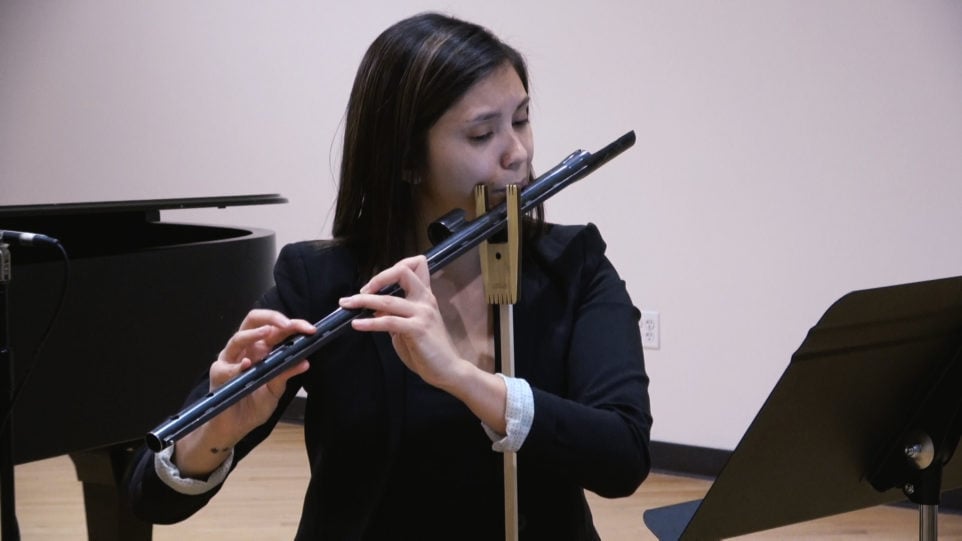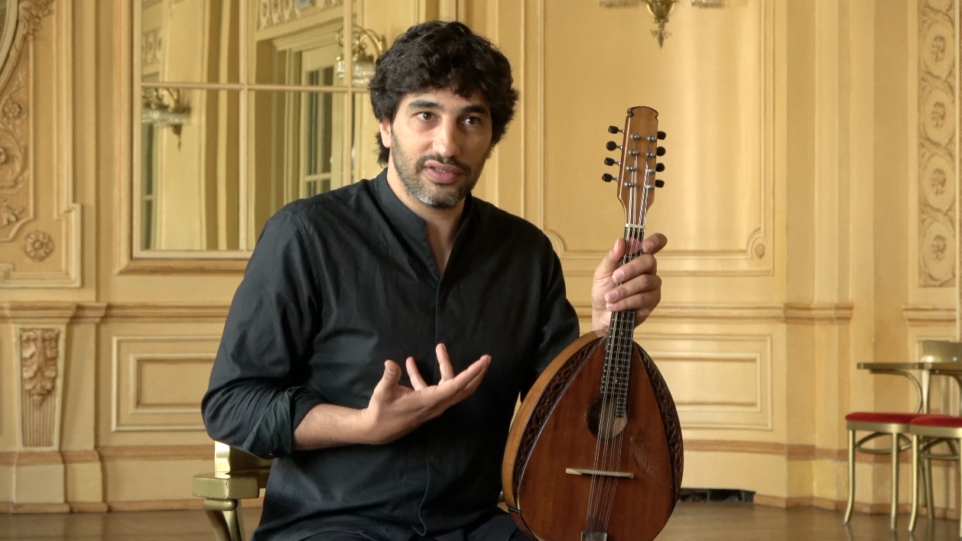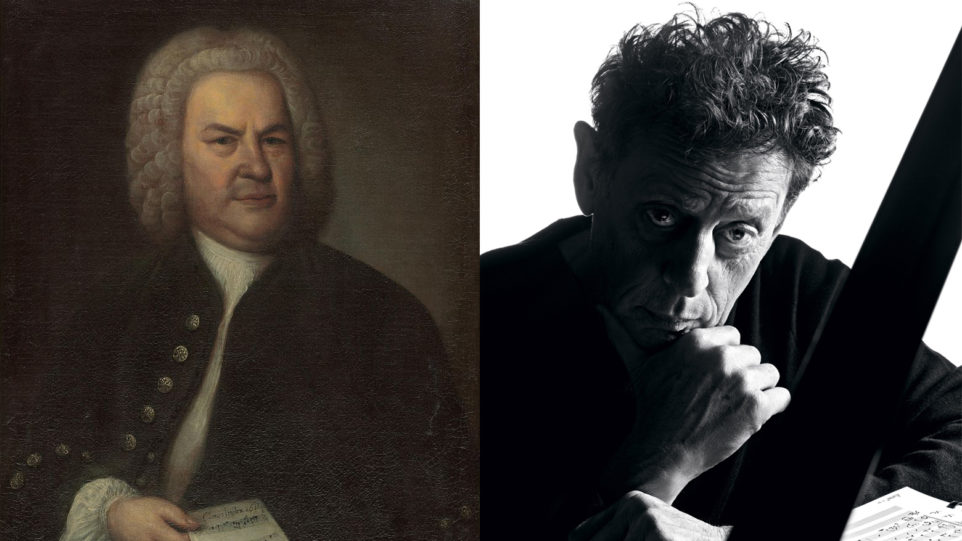Stories
Musicality aside, all of us (instrumentalists and vocalists alike) derive pleasure from singing along to our favorite tunes, even if it’s only done entirely alone…
David Polk | June 18, 2018
Stephen Raskauskas | June 15, 2018
Michael San Gabino | December 12, 2019
After his period away from music to recover from a hand injury and intense burnout, the guitarist is back with a new album: Sound of Silence.
Daniel Goldberg | December 12, 2019
This is no normal flute. Civic Orchestra's Alexandria Hoffman explains how the gunbarrel flute was made, and how she came to play it with Yo-Yo Ma.
Playlists
Stephen Raskauskas | June 7, 2018
World-renowned Avi Avital gives us an introduction to the mandolin, explains what makes his instrument so special, and shares his unique journey to becoming a professional mandolin player.
Stephen Raskauskas | June 4, 2018
Despite being born centuries apart, Philip Glass and J.S. have much in common than you'd think.
Keegan Morris | May 30, 2018
We had a ball at our first WFMT beach party at Theater on the Lake. Check out video and photo highlights from our day of sun, fun, and great music.












